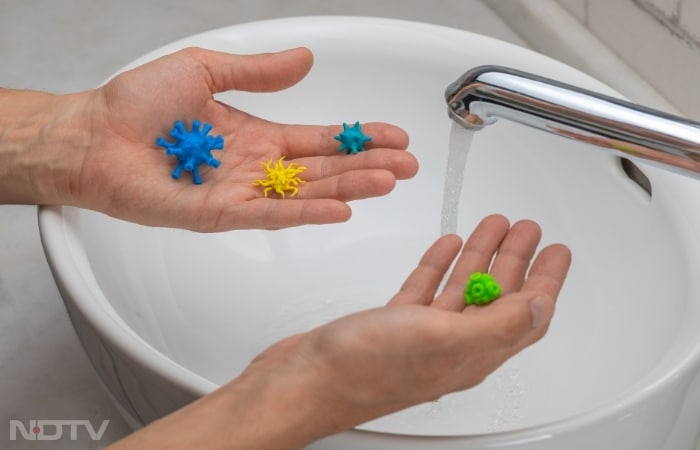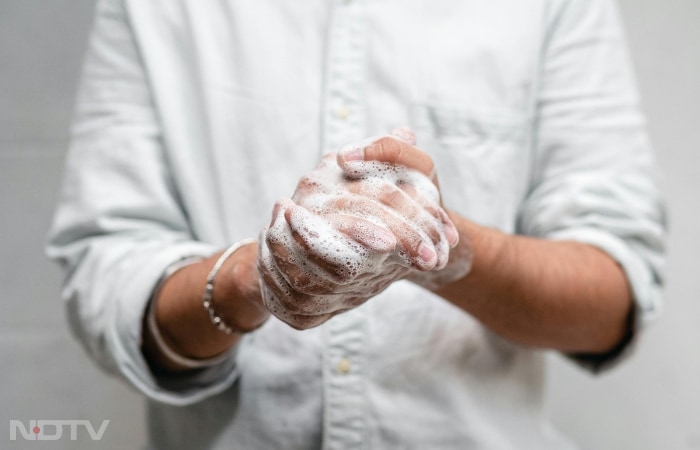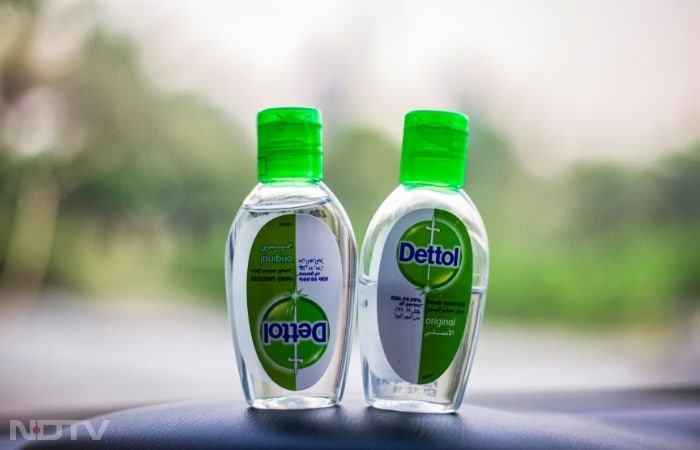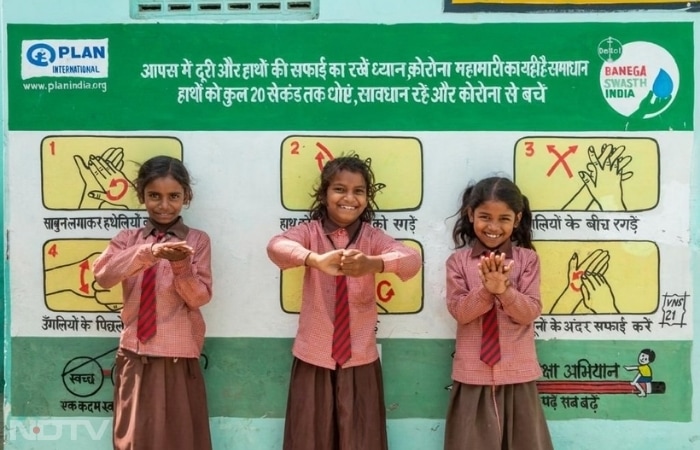World Hand Hygiene Day: A Way Forward For Healthier Communities
World Hand Hygiene Day, marked on May 5, is a World Health Organization (WHO) initiative that highlights clean hands as a fundamental practice for preventing the spread of diseases
-
 Hundreds of millions of patients suffer from healthcare-associated infections annually, many preventable through better hand hygiene. Washing hands regularly and effectively can ensure cleanliness as well as prevent many health threats.
Hundreds of millions of patients suffer from healthcare-associated infections annually, many preventable through better hand hygiene. Washing hands regularly and effectively can ensure cleanliness as well as prevent many health threats. -
 Hand hygiene is one of the most effective ways to prevent the spread of diseases. Despite its importance, hand hygiene often remains under-practiced, particularly in high-risk environments like healthcare facilities and schools.
Hand hygiene is one of the most effective ways to prevent the spread of diseases. Despite its importance, hand hygiene often remains under-practiced, particularly in high-risk environments like healthcare facilities and schools. -
 As part of its long-standing commitment to public health, Dettol Banega Swasth India has been a leader in promoting hygiene education across India. This year, the campaign continues to focus on empowering communities with knowledge and tools to build lifelong habits.
As part of its long-standing commitment to public health, Dettol Banega Swasth India has been a leader in promoting hygiene education across India. This year, the campaign continues to focus on empowering communities with knowledge and tools to build lifelong habits. -
 Dettol Banega Swasth India campaign, which started with 2,500 schools in 2014, has since reached one million schools across India. This campaign continues to generate a massive impact - 95 per cent improvement in children's knowledge of handwashing and 75 per cent increase in sanitation practices.
Dettol Banega Swasth India campaign, which started with 2,500 schools in 2014, has since reached one million schools across India. This campaign continues to generate a massive impact - 95 per cent improvement in children's knowledge of handwashing and 75 per cent increase in sanitation practices. -
 On the occasion of World Hand Hygiene Day, Gaurav Jain, Executive Vice President - South Asia, Reckitt, said, "Dettol Banega Swasth India is committed to health and hygiene. We should keep on educating kids and people about washing hands with soap and water. It can go a long way."
On the occasion of World Hand Hygiene Day, Gaurav Jain, Executive Vice President - South Asia, Reckitt, said, "Dettol Banega Swasth India is committed to health and hygiene. We should keep on educating kids and people about washing hands with soap and water. It can go a long way." -
 Ravi Bhatnagar, Director - External Affairs & Partnerships, South Asia (SoA) shed light on Antimicrobial resistance (AMR). According to the WHO, AMR occurs when bacteria and viruses stop responding to antimicrobial medicines. As a result of drug resistance, antibiotics and other antimicrobial medicines become ineffective and infections become difficult or impossible to treat, increasing the risk of disease spread and severe illness. Talking about India's status, Bhatnagar said, "India is struggling with Antimicrobial Resistance (AMR). The country is known as the AMR capital of the world. But one simple habit can combat it - Handwashing. It is one of the simplest and most effective ways."
Ravi Bhatnagar, Director - External Affairs & Partnerships, South Asia (SoA) shed light on Antimicrobial resistance (AMR). According to the WHO, AMR occurs when bacteria and viruses stop responding to antimicrobial medicines. As a result of drug resistance, antibiotics and other antimicrobial medicines become ineffective and infections become difficult or impossible to treat, increasing the risk of disease spread and severe illness. Talking about India's status, Bhatnagar said, "India is struggling with Antimicrobial Resistance (AMR). The country is known as the AMR capital of the world. But one simple habit can combat it - Handwashing. It is one of the simplest and most effective ways."
Advertisement
Advertisement
